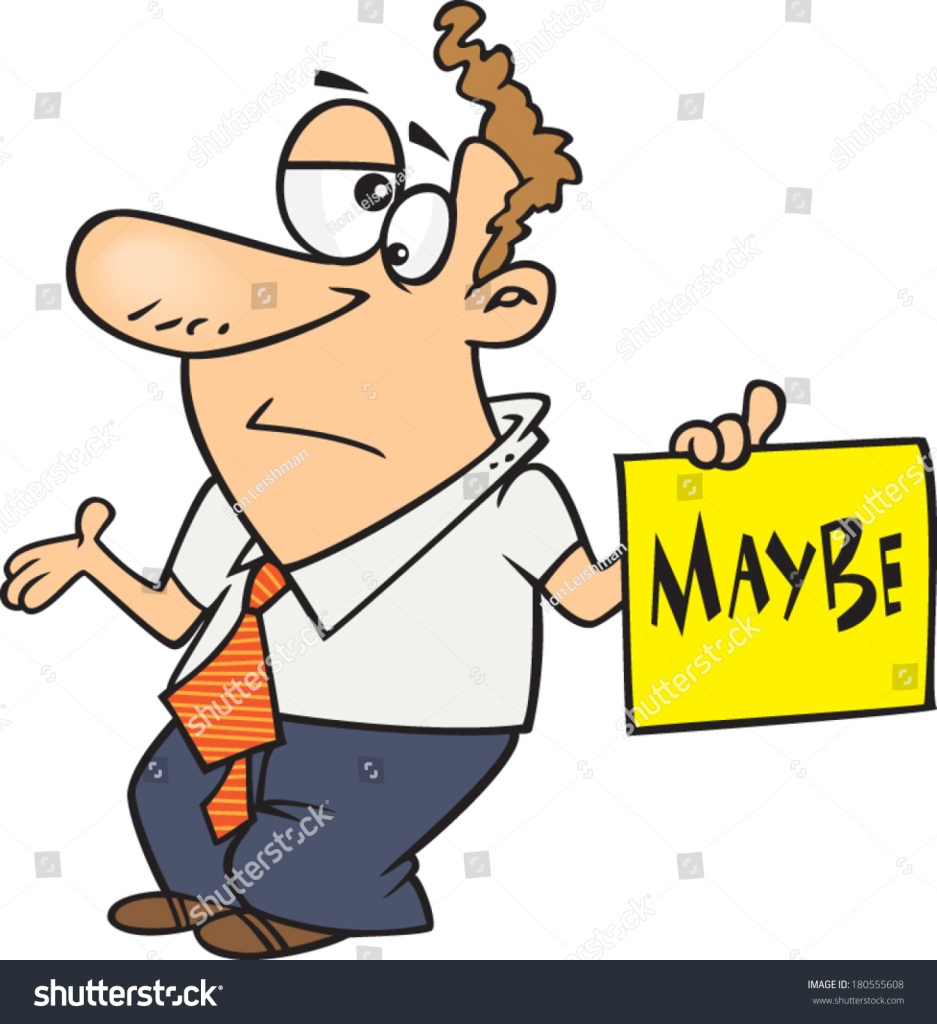
The other day I attended a talk on how to teach children with disabilities (autism etc.). The talk also branched into other school children age and one piece of advice that we were given was to say ‘maybe’. For example, a child throws a pen. You say, ‘do not throw the pen’, the child replies, ‘X threw it first’, you reply ‘maybe they did but…’. This advice was greeted with rapturous applause but I was left feeling uncomfortable. I couldn’t work out why I was uncomfortable so I shelved it and continued to listen. I noticed that the presenter was talking to the adults in the room as though they were children, scolding them for talking or looking at their phones etc. Curious of this, I asked a question- how do you pitch your interactions with children so that you remain professional and don’t become passive-aggressive? The presenter stared at me and said ‘you think I’m aggressive?’ in a tone seemingly meant to be intimidating. I repeated the question, making clear I wasn’t talking about him, personally, rather I was asking for his advice. During his response, one person turned to another and said, ‘now, he’s just being aggressive’. I smiled and nodded and let the issue drop.
A few moments later, I heard him say to another group of adults in the room, ‘I best go and deal with that boy’, referring to me, when it is questionable even when I was young if I was ever a young boy. So, he came over and started talking, I started to reply but he shushed me, stood towering over me and spoke down at me. When he had finished, I looked him in the eye and repeated that I had just been asking a question. And then the situation ended.
Before and after our little diversion, the presenter had been explaining how it is important to always remain calm and that he has had children wielding chairs at him, convicts coming out of prison saying they wanted to kill him, and how each time he stood there calmly and talked them down. He promised, at a future event, to tell us these exciting stories, which, if they are anything like how he dealt with a question, will be a real treat! Almost worthy of an additional chapter in the works of Homer!
Whilst he was infantilising and belittling me, I had two responses in my head that I refrained from saying:
- Well, I would reply but one of us has to be the adult in this conversation (which is pretty dumb, eh?)
- Maybe it seems that way to you, but as Immanuel Kant says, ‘how things appear and how things actually are is often very different’.
The first response would have been dumb, the second one would have been smarter as I would have been using his tools against him. At this point, to end this digression, I realised why I had found his ‘maybe’ response problematic. Whilst it was seen by many to be great, if it was used on them, would they react the same way? The ‘maybe’ response is one of the responses that people use to, essentially, discredit another. We have all experienced the frustration of being treated badly by someone (often someone in power) and speaking up only to have the retort, ‘I’m sorry if you feel that way’, i.e. what I did was right, you are wrong and if it has made you feel bad, it is your fault and nothing to do with me. This, as with ‘maybe’, shows a complete lack of compassion and empathy, it shows a level of insincerity which is morally bankrupt. But why is it part of culture? Why is it widely accepted? Why does it obtain rapturous applause and adults chanting it back at the presenter like it is some call-and-response in a church or they are singing along at a concert? (note- you should hear me singing along to Beethoven’s 9th, much better than the trained professionals with instruments) Because, as we saw from the response of the presenter, most people are terrified of appearing human, of seeming different. There’s a wonderful quotation from the Russian author, Dostoyevsky which we will look at another time, but to leave you with it…
‘Nowadays people are terrified of appearing ridiculous and are very unhappy because of it’
The majority, if not all, of society’s ills stems from fear and insecurity. That these insecurities have become an acceptable form of being is something that should, not maybe, concern us.
‘till next time